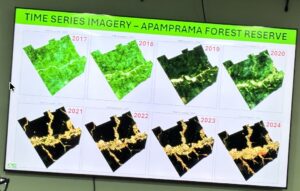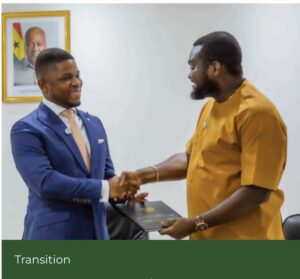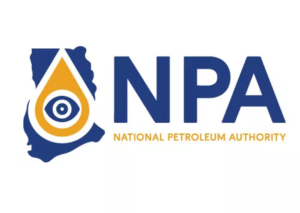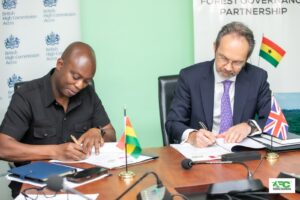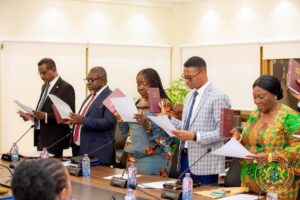
• NPP Group Decries Move as ‘Judicial Coup’
President John Dramani Mahama has suspended the Chief Justice of Ghana, Gertrude Araba Esaaba Sackey Torkornoo, following the establishment of a prima facie case against her in response to three separate petitions seeking her removal from office.
The President acted in line with Article 146(6) of the 1992 Constitution, and on the advice of the Council of State, to trigger a formal investigative process — one that now casts a long shadow over the independence and leadership of Ghana’s judiciary.
A five-member committee, chaired by Supreme Court Justice Gabriel Pwamang, has been constituted to examine the allegations in detail. Its membership includes:
• Justice Samuel Kwame Adibu-Asiedu – Supreme Court Justice
• Daniel Domelevo – former Auditor-General
• Major Flora Dalugo – Ghana Armed Forces
• Prof. James Sefah Dzisah – academic, University of Ghana
Justice Torkornoo has been suspended from office in accordance with Article 146(10), pending the outcome of the proceedings. In her absence, Justice Paul Baffoe-Bonnie, the most senior member of the Supreme Court bench, has been appointed as Acting Chief Justice.
Justice Baffoe-Bonnie was appointed to the Supreme Court in 2008 by then-President John Agyekum Kufuor. His appointment at this critical juncture is expected to offer continuity while the investigation unfolds.
A spokesperson for the President, Felix Kwakye Ofosu, said the decision to suspend the Chief Justice was “purely constitutional” and stressed that it should not be interpreted as politically motivated.
“This is a constitutional obligation triggered by multiple petitions and a prima facie assessment. It is neither personal nor political. The rule of law must be followed regardless of the position one holds,” he said.
Nevertheless, the development has sparked political controversy.
The parliamentary minority caucus of the New Patriotic Party (NPP) described the move as “a coup against the judiciary,” raising concerns about the potential politicisation of judicial processes. In a statement, the group accused the President of overreach and pledged to “resist any attempt to erode the independence of the judiciary.”
Observers, however, note that the mechanism for suspending a Chief Justice is clearly laid out in the Constitution, and that the current administration appears to be following due process.
Still, the petitions — the contents of which have not been made public — are understood to involve questions of administrative conduct and ethical propriety. The probe committee’s findings could have wide-reaching implications not only for Justice Torkornoo’s future but also for broader public confidence in the judiciary’s impartiality and resilience.
The unfolding process places Ghana’s constitutional architecture under close scrutiny, at a time when the balance between executive authority and judicial independence remains a recurring point of national debate.

